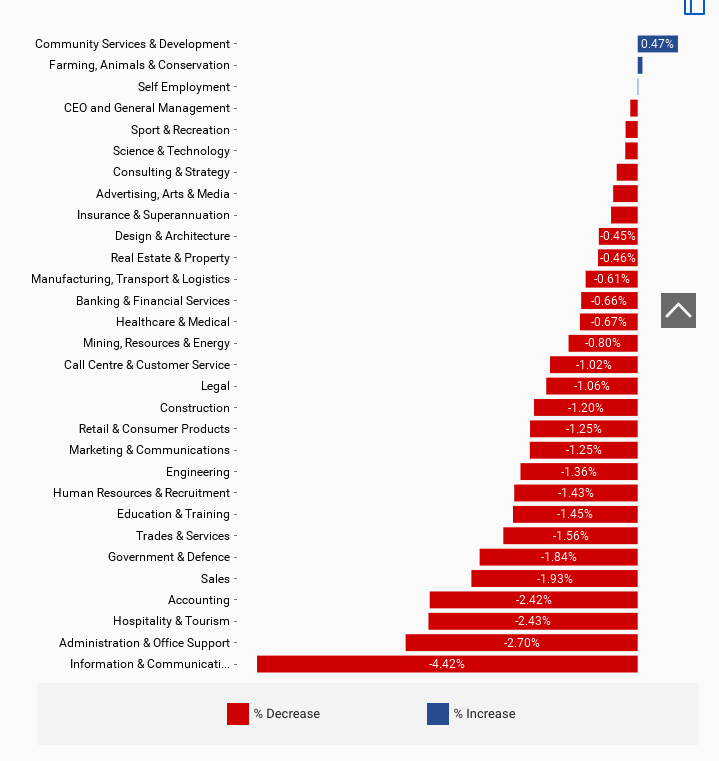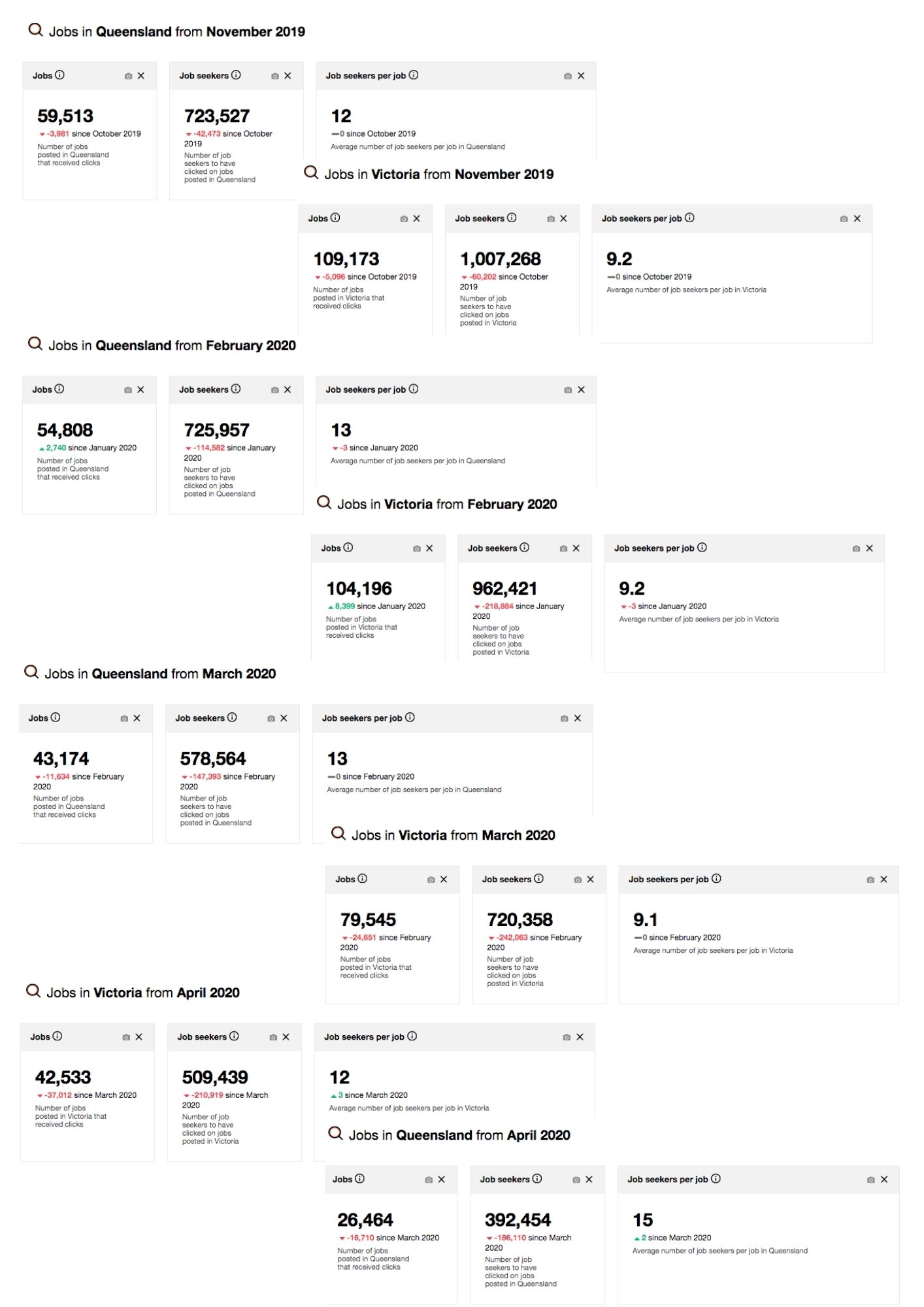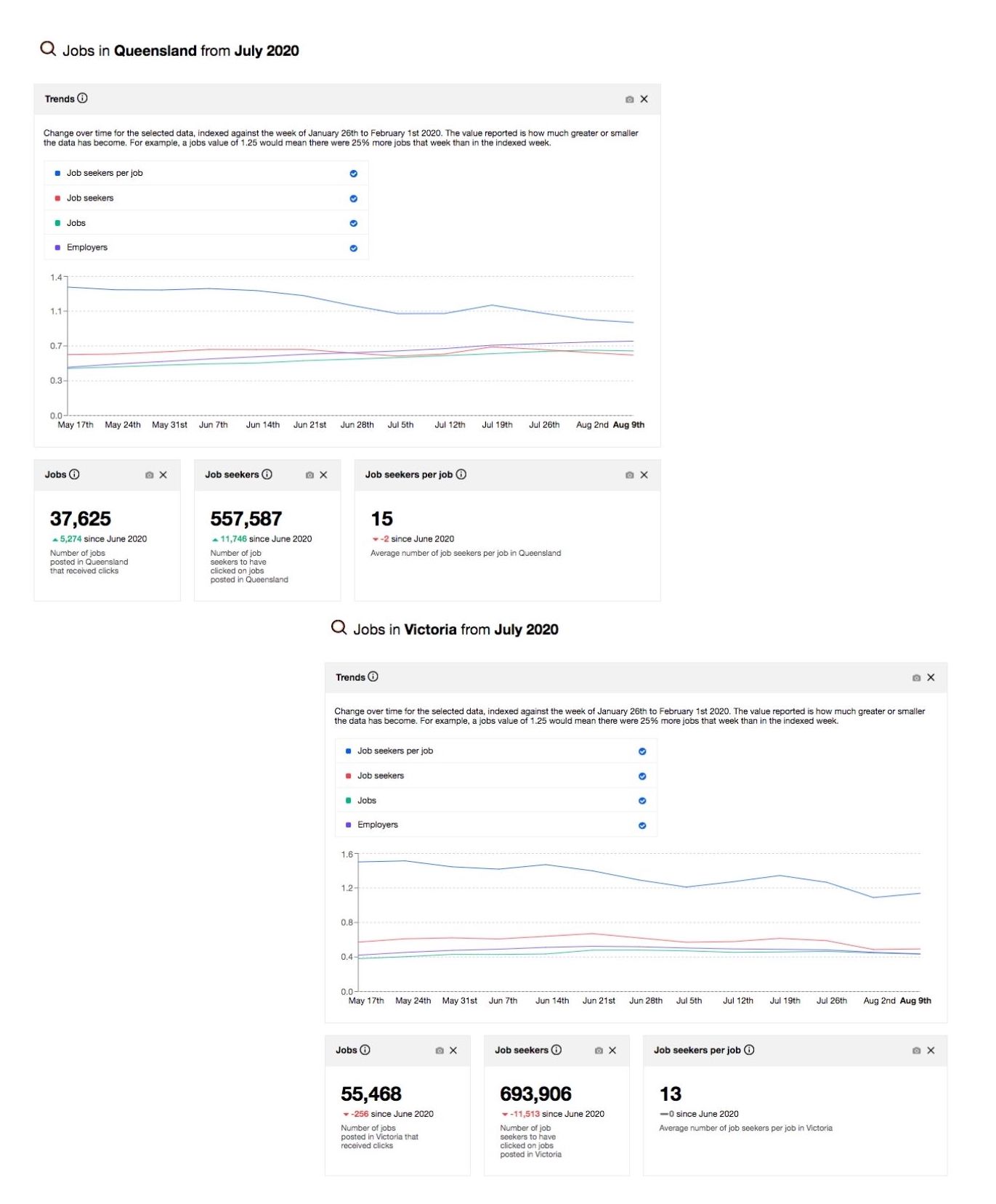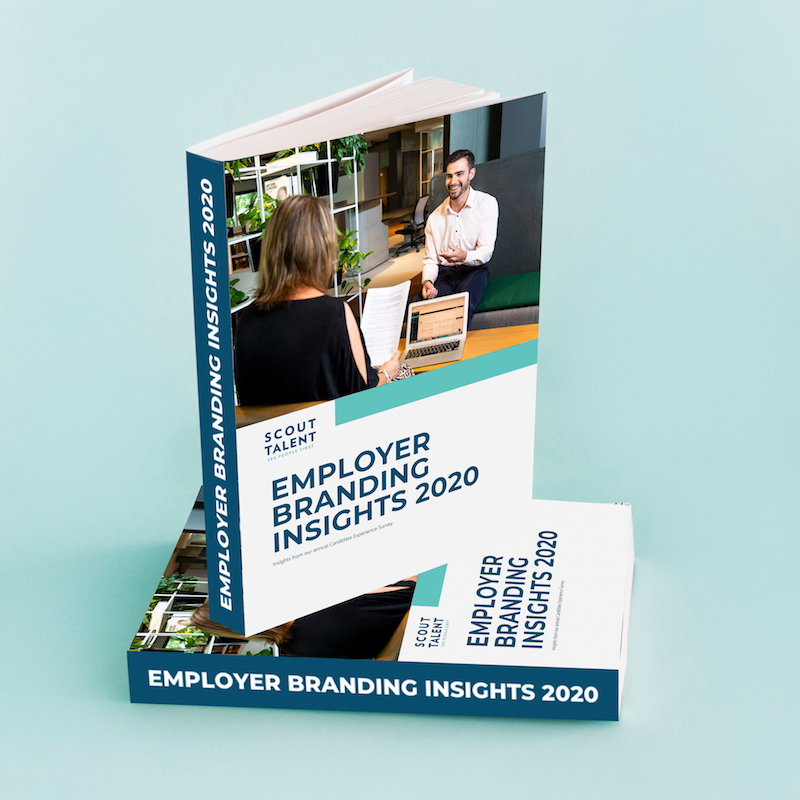The tricky interview question you need to be prepared for
As many organisations prepare for the next round of challenges a potential second wave of COVID-19 could pose, be ready to answer to this interview question from candidates.
We all hope for a recovery from COVID-19 that scales quickly. We’ve made a lot of progress, but uncertainty still remains.
You’ve probably considered the risks of a potential second or third wave of COVID-19 (and associated lockdowns), and contemplated how this might impact your organisation as a whole. Are you also considering the ways in which another wave would impact your approach to recruitment and talent management?
Many candidates are considering how a second wave could impact them. As such, there’s a new question that’s leaving some hiring managers stumped: “If I’m the last hired, will I be the first fired?”
“If the market takes a turn for the worse, what will your business’s approach be?”
“Is downsizing a concern, and if so, will it be the newest people be asked to leave first?”
“If I’m the last hired, will I be the first fired?”
If you or your hiring managers are asked this question by candidates in interviews, will you know what to say?
Here’s how candidate behaviour is being impacted by their concerns about a potential second wave, and recommendations for how to answer that tricky interview question, should you come across it.
Impact of a potential second wave on candidate behaviour
Official unemployment numbers aren’t what they appear to be. Economists think the official unemployment rate rose again last month, from 7.1 per cent to around 7.6 per cent. Why? Because the Government’s JobKeeper payments have been keeping hundreds of thousands of workers “attached” to their workplaces through the COVID-19 lockdown, and those workers have still been considered employed even if they haven’t been working any hours. This makes interpreting unemployment data difficult.
According to the ABS, if we included the number of people who are still considered officially employed but who have been working zero hours (because they’ve had no work or they’ve been “stood down”), the official unemployment rate would be much higher.
Even though JobKeeper is keeping people attached to their workplace, some organisations report they haven’t experienced a shortage of candidates. Application rates are role and industry-specific with some organisations reporting they’re still struggling to attract the right talent, but others are stating they’re being inundated with applications. With respect to talent scarcity, some candidates could be simply waiting it out. For every candidate that decides to apply for a role, there may be more who don’t bother applying because they don’t think it’s a good time to start a position.
No matter your situation, if you’re recruiting, candidates are eager for transparency. In our latest Candidate Experience Survey, we asked candidates what factors are important to them when applying for roles. They’re responses reflect this sentiment:
- “Ongoing stability.”
- “Organisation transparency.”
- “Job security.”
- “Fairness, equity and professionalism.”
- “Stable company.”
- “Authenticity of the company.”
- “Honesty.”
- “How I’m valued.”
- “A company caring for people during crisis and not letting staff down.”
- “Communication.”
In the survey, “How an organisation treated staff during COVID-19” and “Information regarding an organisation’s response to COVID-19” were top-scoring categories that influence candidates’ decision making when applying for roles.
Want more employer branding insights? Download our free Employer Branding Insights Report 2020 here.
What job board data is saying
According to the latest data from Seek, year-on-year demand for jobseekers has decreased across industries.

Seek job board data reveals year-on-year demand for jobseekers has decreased across industries
Seek data tells a story of industries recovering from low recruitment rates in April 2020, although some appear to be recovering more quickly than others.

Seek industry job board data
In examining trends between jobs and applicants through data from Indeed, both jobs advertised and application rates were at an all-time low in April 2020. This has since improved, with both roles advertised and application rates picking up again in July 2020. While these rates have not returned to the same levels as they were in 2019, it does reflect positive improvements in public sentiment from both employers and candidates.

Job board data trends – November 2019 – July 2020

July 2020 job board data
The best way to answer that tricky interview question
So what does all this mean for attraction and candidate shortlisting? Candidates care more now about the way organisations will support them. While it appears that things are improving with increasing numbers of job posts and applications, nothing is 100% certain.
If you’re recruiting and a candidate asks the question: “If I’m the last hired, will I be the first to be let go?”, it’s important to have a response prepared.
It turns out: there’s no single answer that will apply to all organisations. Your answer will depend on your business strategy.
In thinking about the best way to communicate your business strategy to candidates, should employers be proactive in addressing this question, or wait for candidates to ask?
Andrea Davey, CEO for Scout Talent Group recommends, “It’s good to be on the front foot. Have your answer prepared and be ready to broach the subject in Zoom and face-to-face interviews. It’s a difficult topic to navigate and explain in writing via a job ad, whereas in a conversation you have a better opportunity to explain your organisation’s position.”
“Personally, our organisation is lucky to be in a strong position where we can tell candidates that’s not something they have to be concerned about. Our assessments are based on performance and we help our new team members to reach their goals. I think it’s a good way to ensure candidates feel more comfortable and know that we’re here to support them.”
Being able to answer this question honestly and confidently will inspire trust in your candidates and strengthen your employer brand.
Want more employer branding insights? Download our free Employer Branding Insights Report 2020 here.
If you’re looking to get support or advice with your employer brand and recruitment strategy, book a no-obligation chat with one of our knowledgable recruitment specialists. Contact us today on 1300 366 573 or at info@employmentoffice.com.au.




